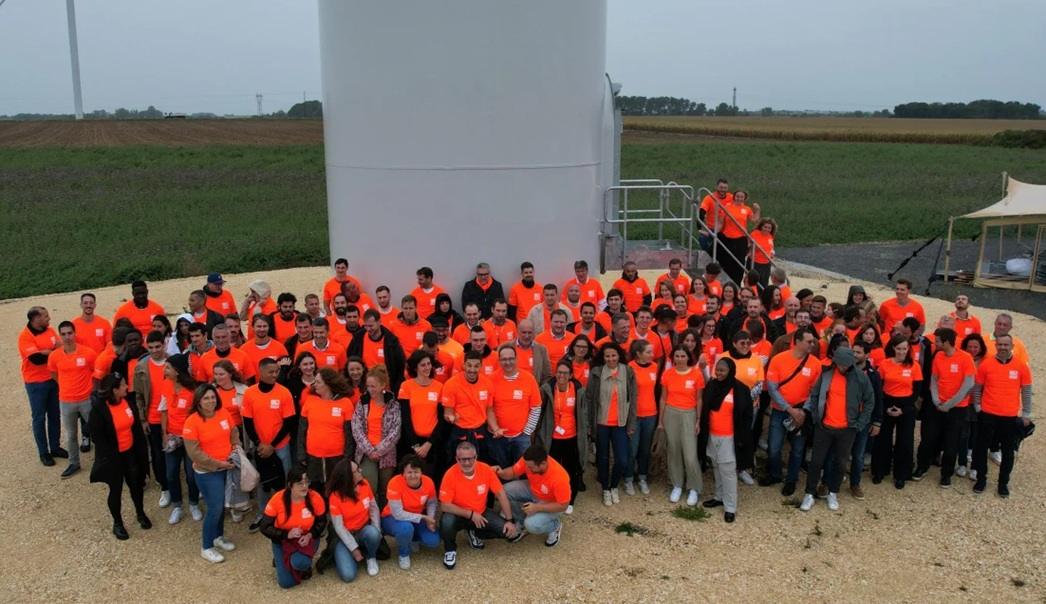
Clean Energy Producer Solveo Raises €98 Million

French renewable energy producer Solveo Energies announced that it has raised €98 million (USD$111 million) in a new financing round, with proceeds from the financing aimed at accelerating the development of wind and solar projects that will help contribute to France’s carbon neutrality goals.
Founded in 2008, Solveo works with local resources and partners to develop, finance, build and operate renewable energy projects. The company currently has 290 MW of assets in operation and under construction, and 2 GW in development, with 320 power plants in operation.
Solveo said that the new capital will help it reach an installed capacity of 800 MW by 2030.
The funding round was led by sustainability-focused investor Mirova, an affiliate of Natixis Investment Managers.
Jean-Marc Mateos, President of Solveo Energies, said:
“We are very proud to welcome Mirova into our entrepreneurial journey. This operation strengthens our model as an independent and locally rooted player. Thanks to this long-term strategic partnership, we now have the means to accelerate our development, realize our portfolio, and remain true to our convictions: producing sustainable, local energy that respects communities.”
Mirova’s investment is being made through its Mirova Energy Transition 6 (MET6) fund. Launched in 2023, and targeting €2 billion in commitments, METS is focused on investments in energy transition infrastructure, and supporting decarbonization in Europe.
Raphaël Lance, Head of Energy Transition Funds at Mirova, said:
“Our partnership with Solveo Energies, a committed player in the renewable energy sector, reflects our strong belief in their potential. Their local presence, ability to lead innovative projects, and responsible approach to the energy transition align perfectly with our investment strategy. We are confident that Solveo Energies will turn its ambitions into success, in support of decarbonization and energy sovereignty.”